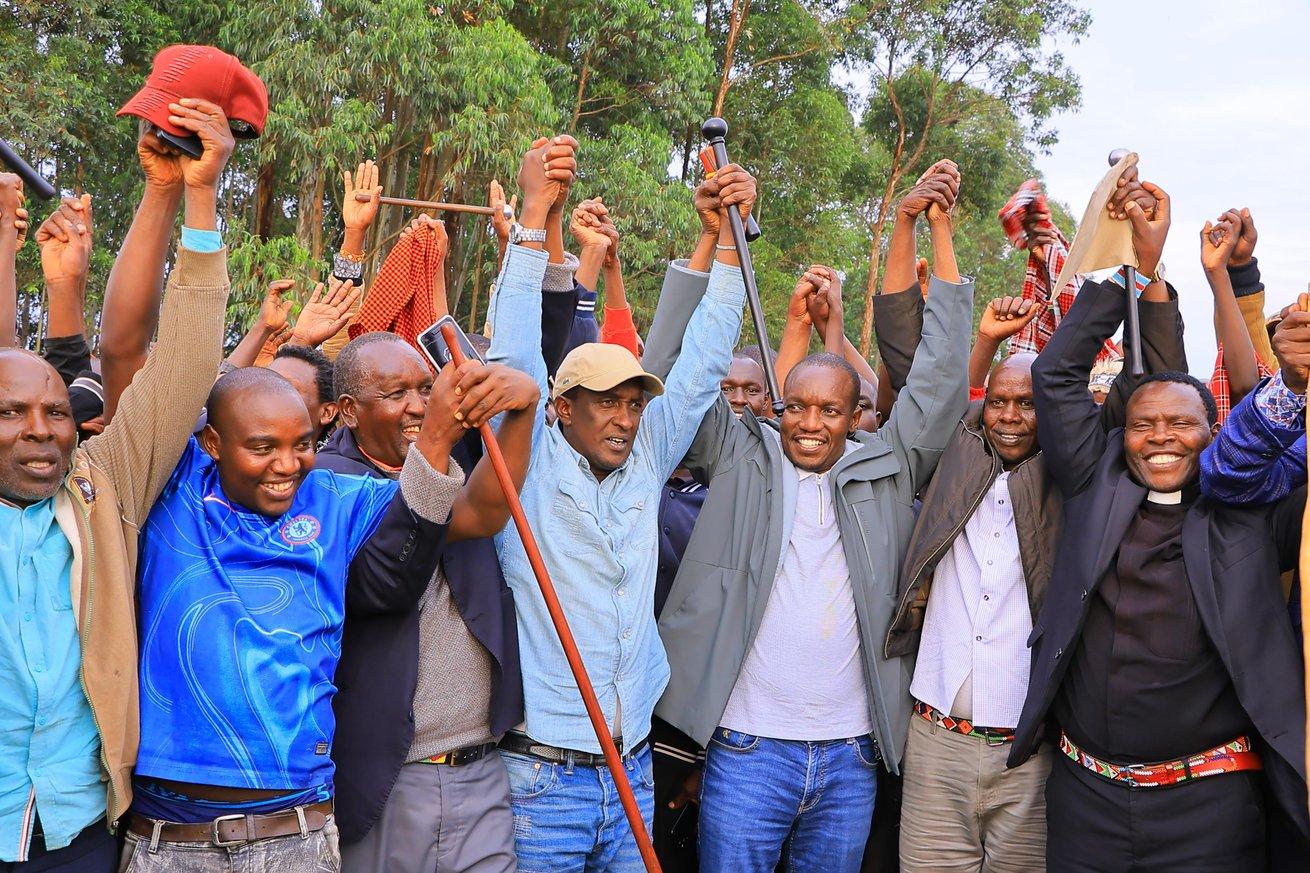Increasingly, interventions on countering and preventing violent extremism in Kenya must consider integrating gender concerns as a way of protecting women and girls' rights.
Studies are showing that there is a strong gender dimension in violent extremism recruitment and radicalization including the differential impact of VE on women compared to men.
This reality seems to be missing in the many national and county policy documents and policies on countering violent extremism, disengagement, and de-radicalisation.
This needs to be addressed as we move towards extending the interventions away from only security approaches to more multi-agency approaches.
A study on the Impact of Violent Extremism on Women by Halimu Shauri argues that this impact often differed when it came to the experience of women versus men.
The study found that the majority of the widows, many of whom were quite young, were left with the responsibility of raising their children with little or no help from the state.
Apart from such vulnerability, many of the women were also victims of harassment and abuse by security officials and suffered from psychological problems such as depression.
As a consequence of these experiences, the women were riddled with feelings of insecurity, anxiety, and helplessness as they found themselves caught between security agencies and VE actors.
The study established that coping mechanisms by women varied including reliance on social networks and familial ties, participation in savings groups to assist with financial security, and government bursaries and grants.
Additionally, the women also relied upon spiritual support and constantly prayed as a measure for relieving stress and strengthening their mental resolve.
In their paper in the African Review, Martine Zeuthen d and Gayatri Sahgal noted that very little research and policy debate exists on how gender norms construct and compel women’s involvement in VE activities.
A regional conference on CVE organized by the National Counter-Terrorism Center (NCTC) previously extensively discussed the benefits of providing Gender and Violent Extremism counseling services and economic support to widows and families of violent extremist offenders.
In addition, the conference noted calls for support including the provision of livelihood options, distribution of bursaries, as well as psychological and counseling support, among others.
The conference recommended that programmes towards dealing with CVE should be designed with this in mind so that we get a way of protecting women and girls.
Judie Kaberia of the Voice of Women and Girls Rights Project notes that while the country has made tremendous progress in dealing with the issue of CVE, the gender aspect is still missing and women and girls still bear the brunt of the adverse effects of this.
“It will help a lot if the country moved towards mainstreaming gender in the national and county interventions as we move to consolidate the gains made in the protection and promotion of women and girl rights” Kaberia adds.
The NCTC has been leading the country in the implementation and review of the inclusive national Strategy to rally all sectors of Kenyan social, religious, and economic life to emphatically and continuously reject violent extremist ideologies and aims in order to shrink the pool of individuals that terrorist groups seek to radicalize and recruit.











